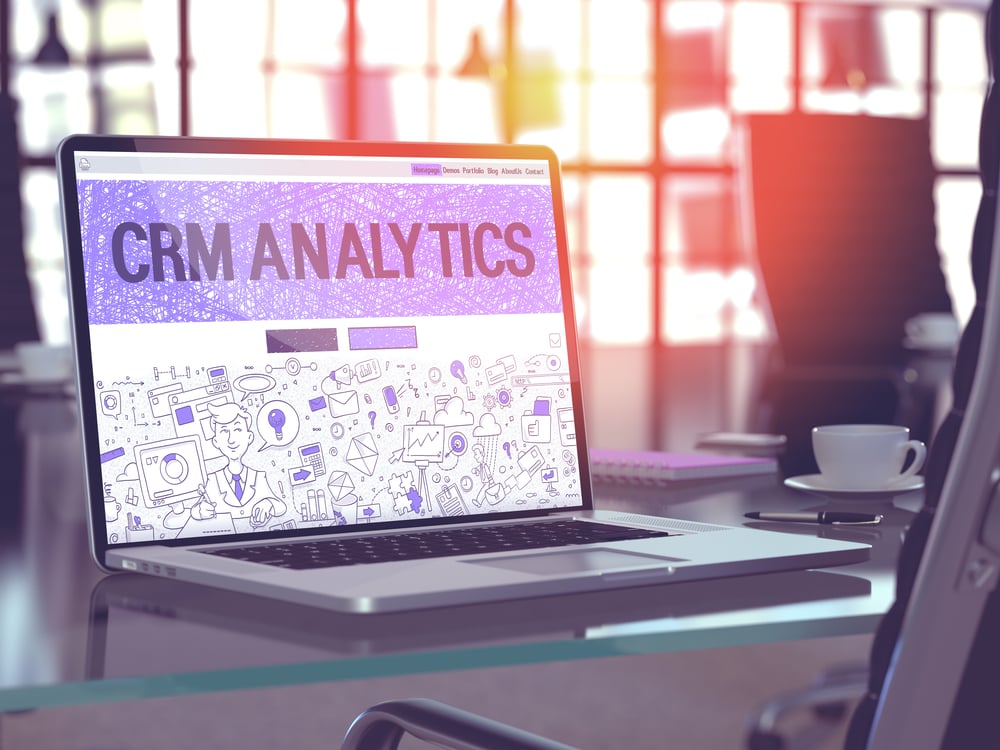It gets to that point of every entrepreneur's creative journey when they pay attention to scaling their business. But recent events have proven that this next logical step on the business path of growth can be challenging.
Manufacturing and Ag industries were hit particularly hard due to COVID as they could no longer attend trade shows. Pre-Covid days, Trade Shows was an optune time to grow your network and acquire new business. At the end of these events you will more than likely have a bag or two of things. This carry bag is where all the business cards, flyers and branded items would end up. In a couple of weeks time the contact information might have been transferred to a spreadsheet or even a rolodex that sits on your desk. If this is sounding familiar at all, then you will be all too familiar with the challenges of keeping this database of potential clients secure, updated and shared with the relevant departments.

The above approach served the business just fine in the past, but now, with the goal of growing the company in the mind of the entrepreneur, he or she will know that this information needs to be managed in a more structured way.
This is done through a software called Customer Relationship Management - CRM. As explained in this blog posed in HubSpot:
"A customer relationship management (CRM) system collects, organizes, and manages all of your customer-related information so you can track the buyer’s journey for every individual you interact with, streamline communication, enhance the customer experience, and improve data management."
Now why would implementing a CRM towards your plans of scaling the business be of any importance?
A company that has an accurate grasp of who their contacts are, and has an active working system to remind them of when it is appropriate to reach out to their customers; are the companies that generally manage their scaling efforts in a more focused and structured way to grow the business.
Learn More -> How Manufacturers Can Create Additional Beneficial Changes for Their Company
The companies who move their data capturing over to a CRM generally means they are focused primarily on what their customers want and need. Instead of being reactive, they become proactive. Helping the business with delighting their contacts with excellent customer service irrespective of which department they are talking to as this data is synced. Bringing together the efforts of the sales, marketing and customer service under one platform. One go to a place that has all the information of your customer saved, catalogued and reported on.

